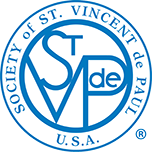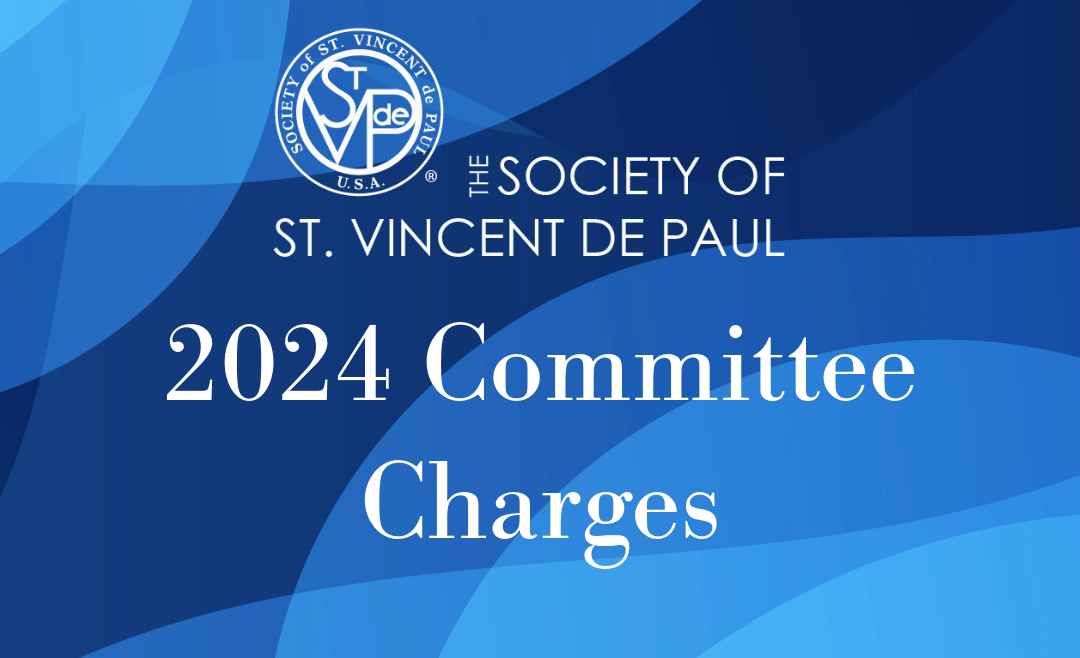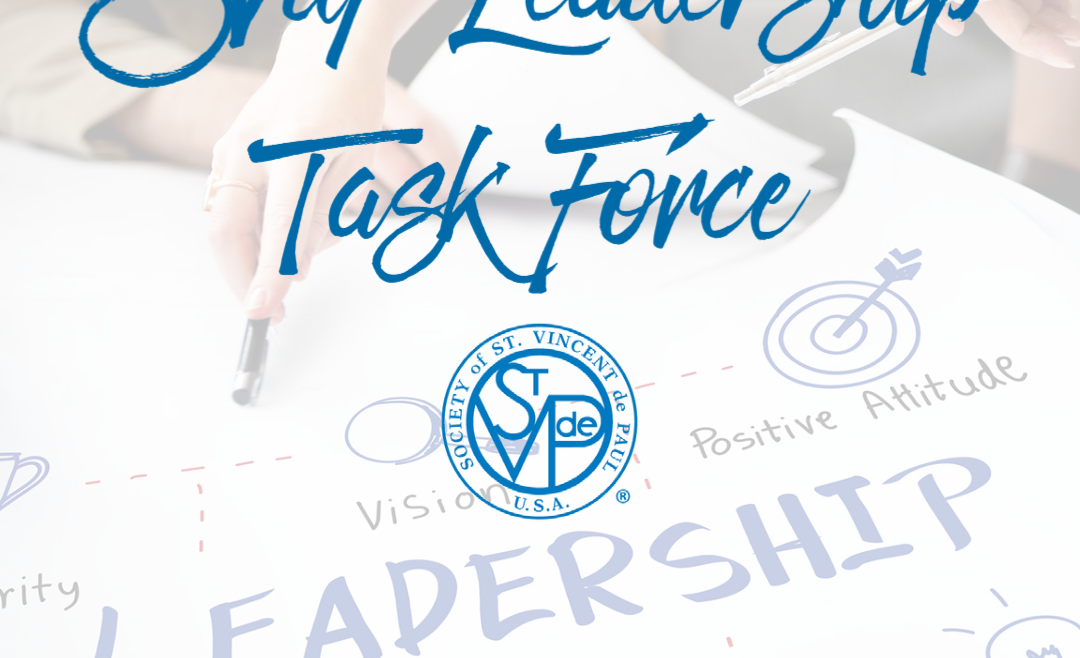Make Giving More Meaningful by Honoring Others
Early in my time with St. Vincent de Paul, I was fortunate to meet Mike and Pat, a caring, kind, and generous couple. They had been married nearly 5 decades by the time I met them, had a wonderful family (whom I’ve also been fortunate to know), and many…MANY…friends around the country. My wife, Rachel, and I have gone to dinner with them, I’ve visited them in Chicago when I’ve passed through, and I’ve had the great honor of sharing how much Mike meant to me during his celebration of life. Knowing them is one of the great gifts SVdP has brought to me.
Among the many things they have taught me over our 10 years of friendship is something that I now do in my personal giving: every gift Rachel and I make is now in honor or memory of someone meaningful in our lives.
Why does this matter—and why is it important that we offer this to our communities?
- We can help build relationships. Mike and Pat have made gifts in honor of me. When I received that notice, I was surprised, and it was incredibly meaningful to me. I felt closer to them, that I mattered to them. It made an already close relationship all the more meaningful.
- It can inspire future giving. After Pat and Mike made that gift in honor of me, I made a corresponding gift to that organization. It brought my attention to that work in a different way and inspired me to be generous, as they had been generous.
- We can be part of telling people’s stories. Each time Mike and Pat made a gift in honor of someone, I’d call or email to find out more about the person. One of their neighbors, one of their doctors, friends from a club… Each came with a story that I now knew and could share with others. It’s a beautiful part of our Vincentian work to keep alive stories of caring and compassionate people who have served others with the humility and dedication of Blessed Frederic and Blessed Rosalie.
But most people have not made a habit of giving in this way, like Mike and Pat. We may need to ask the right questions or inspire others. I’d offer some questions and approaches you can use to help make giving even more meaningful:
Tell me about the person who has inspired you most to care for others and be part of work like St. Vincent de Paul?
Have you ever considered making a gift in honor/in memory of that person?
Could we do work together to honor that person? Would that bring you joy in being part of St. Vincent de Paul?
There are also things we can do immediately to inspire others and make giving more meaningful. For instance, we can make sure we have an “In Honor of/In Memory of” field in our online donation pages or on our paper forms. And we can (and should!) always notify those honored!
We have a beautiful mission that prioritizes knowing and serving others. Offering to our donors the opportunity to give in honor or memory of those important to us is an important extension of that Vincentian mission.




